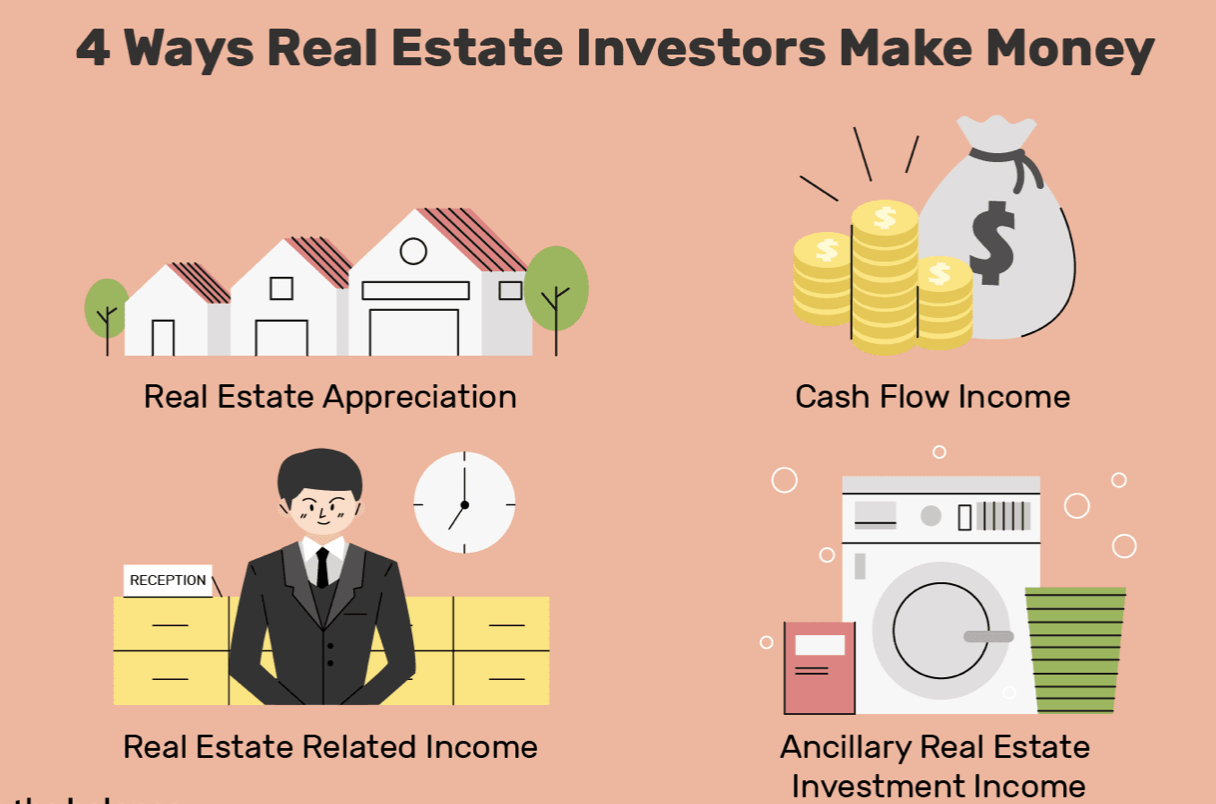"Hopefully consumers and real estate agents understand the distinction in between the ability to qualify for a home and the capability to maintain and truly manage it now," states Sharga. In addition to individuals who lost their houses, loan providers and contractors experienced remarkable monetary pain, states Herbert. "That discomfort has left them more risk averse, so lending institutions are more mindful when offering financing to consumers and to builders," states Herbert.

"A lot of the items that began the crisis aren't around and the practices that began it are severely constrained," states Fratantoni. Amongst those property https://truxgo.net/blogs/68766/148262/how-hard-is-it-to-get-a-real-estate-license-for-dummies owners who lost their house to a short sale or foreclosure, about 35 percent have actually now acquired another house, according to CoreLogic. what is redlining in real estate. "That indicates that 65 percent didn't return," says Frank Nothaft, chief financial expert at CoreLogic in Washington. what is cam in real estate.
"Low documentation and interest-only loans were all right as a Go here little niche for otherwise certified customers with particular circumstances," states Nothaft. "The issue was that these dangerous loans became extensively available to subprime borrowers." About one-third of all home mortgages in 2006 were low or no-documentation loans or subprime loans, states Nothaft - what is a cma in real estate.

"A foreclosure harms families, neighborhoods, loan providers and financiers." While policies such as Dodd-Frank altered the financial world, lending institutions and investors also lost their appetite for risk and have changed their wfg ranking habits, says Sam Khater, primary economist of Freddie Mac in McLean, Va. As a result, he states, mortgage performance is better than it has been in 20 years.